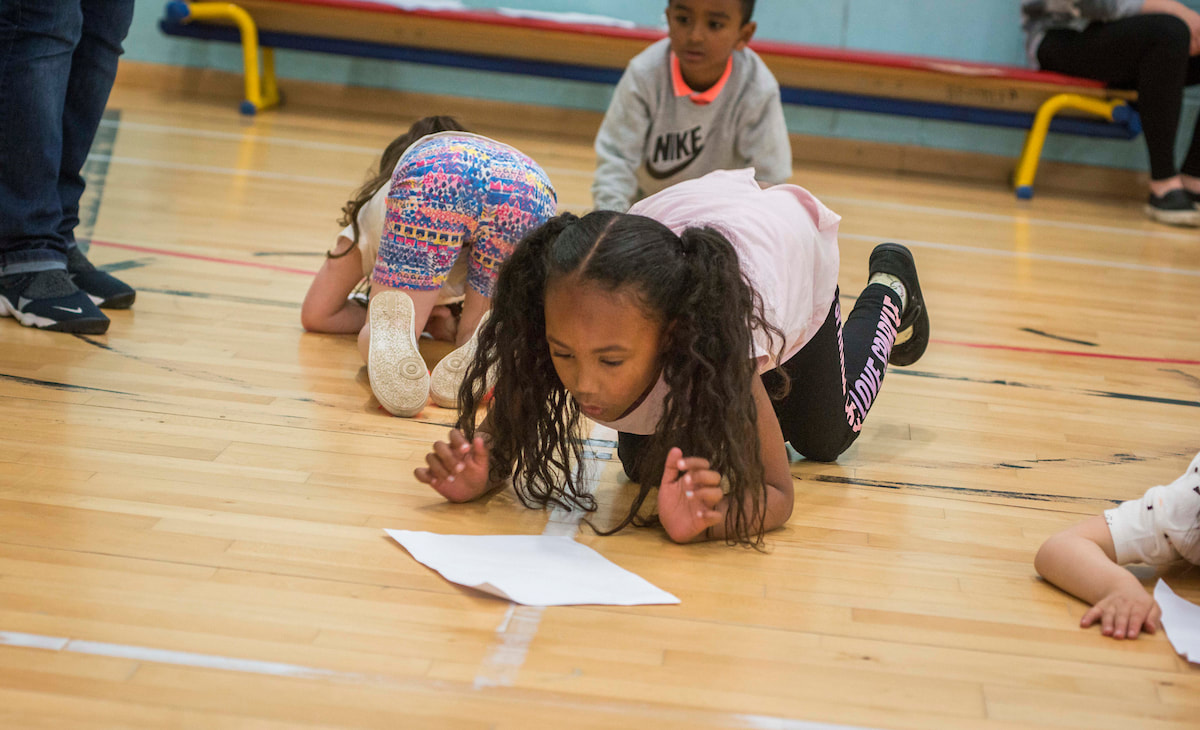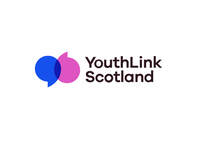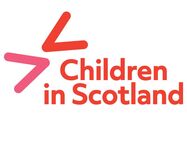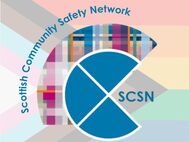
Sedentary Lives? ‘Physical homework’ will see to that.
Originally published by tes.com on 10 Aug 2018 (subscription required)
As teachers, we see first-hand how children are impacted in their learning environments by increasingly unhealthy habits and lifestyles. It is well documented that children today lead more sedentary lives then previous generations, and many parents and carers face difficult challenges that simply did not exist before.
For example, many parents in our area of north Glasgow don’t feel the local environment is sufficiently safe for their children to play outside, and there is not a local sports centre. Paying for public transport in order to get to the nearest one is not an option for some.
While these barriers are completely understandable, they do restrict children’s opportunities to socially interact with others, problem solve and to risk assess. This can result in a child having difficulty learning to share, work as a team and communicate effectively – directly impacting their performance in the classroom.
As educators, we must find ways to adapt our curriculum to encourage an active lifestyle, help children form healthy habits, and enable them to get the most out of their education. Of course, children spend far more time at home than they do in school, and that is why it is so important that we have parents and carers on board. But how can we do this?
On Our Marks, a project supported by the charity Winning Scotland, is helping us to embrace a new approach to getting active and adopting a healthy lifestyle at school and at home. Our pupils have become happier, healthier and more able to learn as a result.
The importance of the involvement of pupils’ family members in supporting an initiative like this cannot be underestimated. All of our data shows that those children whose families are involved in their learning generally do better at school.
To engage more with guardians, we have organised training sessions for parents and carers, demonstrating that physical wellbeing can be improved by means of simple activities, indoors or outside. We use materials they may have lying around their house to imitate bats, balls and targets. For example, scrunched up newspapers can become balls, envelopes can double up to make bats and shoe boxes perfect targets for catching soft toys.
We’ve also issued ‘physical homework’ to the pupils that they really enjoy, and parents can join in with these activities at home.
We have evaluated parental involvement since implementing the initiative, and have been thrilled to see a significant increase in attendance of parents and carers at all P1 and P2 events. Even better, a parental survey (to which there were more than 140 responses) told us that 77% of parents and 82% of pupils have reduced their ‘screen time’ (watching TV, playing on ipads) since we started the initiative.
Anything that promotes parents and children spending time together, engaged in activities that are healthy and fun, leads to happier, healthier families and stronger emotional family bonds. Vitally, we know that physically fitter children will enjoy a boost in confidence at school and raised attainment levels - a win for everyone.
Evelyn Gibson, head teacher at Saracen Primary School, Glasgow
For example, many parents in our area of north Glasgow don’t feel the local environment is sufficiently safe for their children to play outside, and there is not a local sports centre. Paying for public transport in order to get to the nearest one is not an option for some.
While these barriers are completely understandable, they do restrict children’s opportunities to socially interact with others, problem solve and to risk assess. This can result in a child having difficulty learning to share, work as a team and communicate effectively – directly impacting their performance in the classroom.
As educators, we must find ways to adapt our curriculum to encourage an active lifestyle, help children form healthy habits, and enable them to get the most out of their education. Of course, children spend far more time at home than they do in school, and that is why it is so important that we have parents and carers on board. But how can we do this?
On Our Marks, a project supported by the charity Winning Scotland, is helping us to embrace a new approach to getting active and adopting a healthy lifestyle at school and at home. Our pupils have become happier, healthier and more able to learn as a result.
The importance of the involvement of pupils’ family members in supporting an initiative like this cannot be underestimated. All of our data shows that those children whose families are involved in their learning generally do better at school.
To engage more with guardians, we have organised training sessions for parents and carers, demonstrating that physical wellbeing can be improved by means of simple activities, indoors or outside. We use materials they may have lying around their house to imitate bats, balls and targets. For example, scrunched up newspapers can become balls, envelopes can double up to make bats and shoe boxes perfect targets for catching soft toys.
We’ve also issued ‘physical homework’ to the pupils that they really enjoy, and parents can join in with these activities at home.
We have evaluated parental involvement since implementing the initiative, and have been thrilled to see a significant increase in attendance of parents and carers at all P1 and P2 events. Even better, a parental survey (to which there were more than 140 responses) told us that 77% of parents and 82% of pupils have reduced their ‘screen time’ (watching TV, playing on ipads) since we started the initiative.
Anything that promotes parents and children spending time together, engaged in activities that are healthy and fun, leads to happier, healthier families and stronger emotional family bonds. Vitally, we know that physically fitter children will enjoy a boost in confidence at school and raised attainment levels - a win for everyone.
Evelyn Gibson, head teacher at Saracen Primary School, Glasgow




